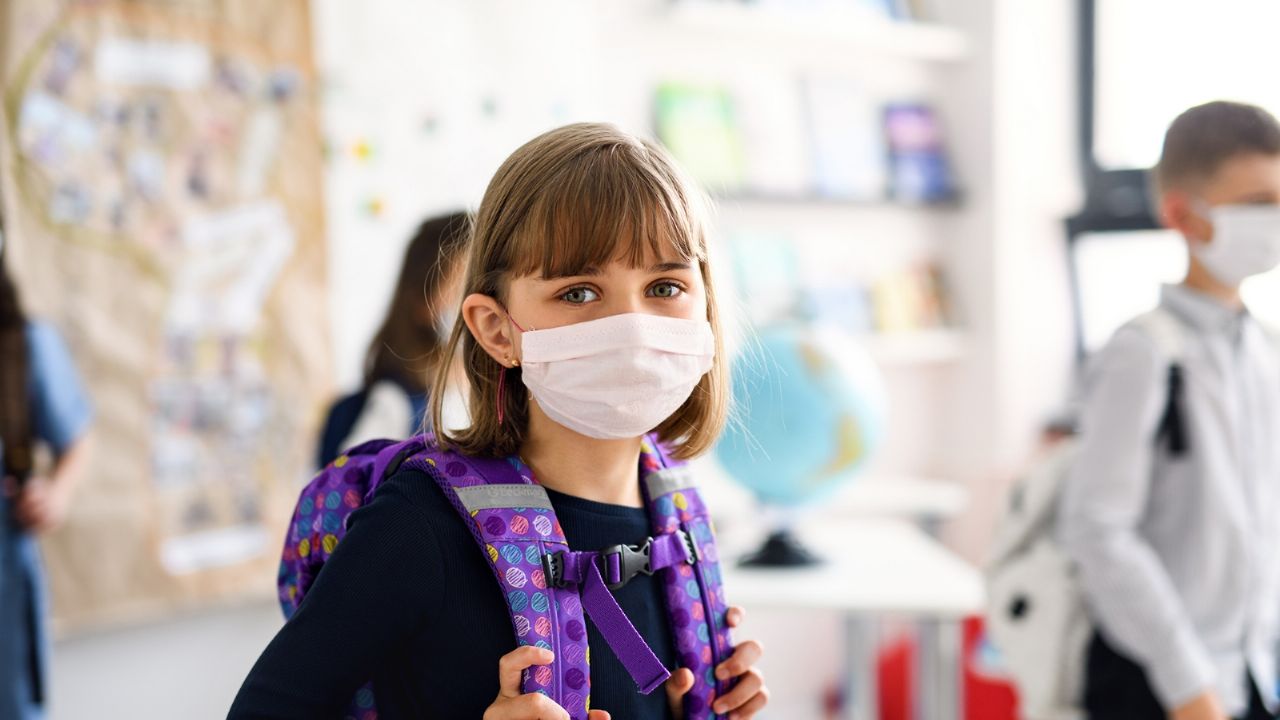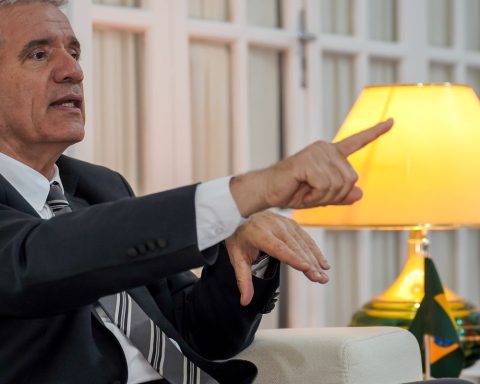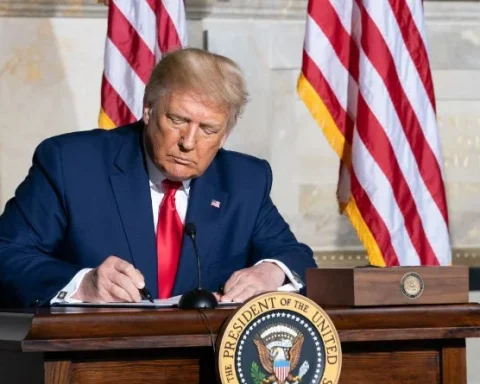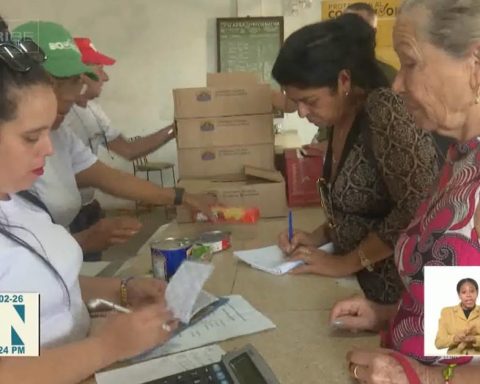The Federal Health Council of the Nation (COFESA) insisted this Saturday on the need to maintain the mandatory use of chinstraps in closed spaces to reduce the rate of coronavirus infections in the country; a measure that opposes those announced on Friday by the Government of the City of Buenos Aires (CABA).
During a meeting with the ministers of Health from all over the country, the body agreed “Respect the obligation of the chinstraps in closed spaces”, but they urge to keep the environments adequately ventilated to shorten the transmissibility of the virus. While, the face masks outdoors will remain optional.
In addition to the use of chinstrapsFrequent hand washing and sanitization of public or common use spaces will remain in force; this for the particular case of schools, offices and sports centers.
The only measure that will be suspended from this very day will be the mandatory compliance with the social and preventive distance of 2 metersgiven that the infection rate at the national level has decreased considerably.

CABA lifts the mandatory nature of chinstraps
The day before, the head of the Buenos Aires Government, Horacio Rodríguez Larreta, announced that as of next Monday, March 21, the mandatory use of face mask in public and private schools in the city.
“The chinstrap will no longer be mandatory and will become optional. If the students and the students want to continue using it. It will be by his own decision, ”said the Buenos Aires leader. He also explained that “the measure was taken by consensus of specialists from the city’s Ministries of Health and Education.”

“We base ourselves on two fundamental points to make this determination: the low incidence of daily infections in CABA and the high rate of immunization that our population has,” added Larreta.
Currently, the Strategic Vaccination Plan in the Autonomous City of Buenos Aires has managed to reach 95% of Buenos Aires residents with at least one dose of the drugs; while 92% already have the second dose. In addition, 65% of the population in CABA already has the booster dose, according to data from the Public Vaccination Monitor.

















